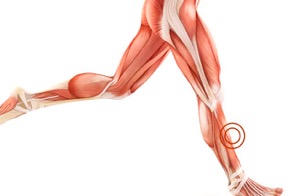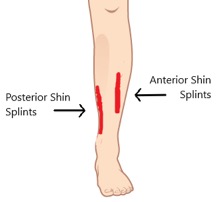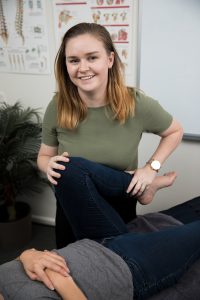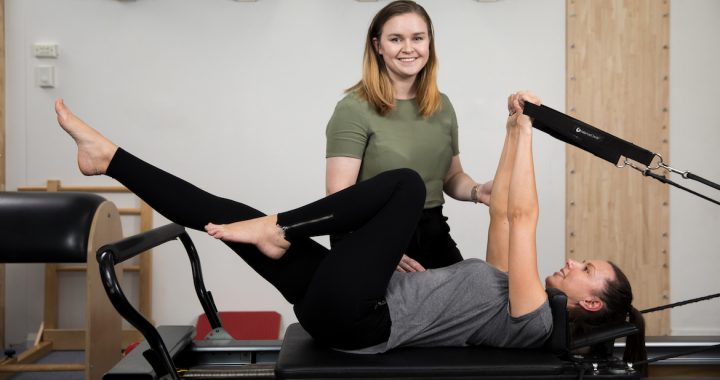Do you experience Shin Splints?
By North Ryde Physiotherapist Isabel Armsworth
 ‘Shin Splints’ is an umbrella term that includes a variety of pathologies impacting the region of the shin bone (tibia). They commonly develop in runners or in athletes in sports with lots of hopping or jumping, and they can be caused by the muscles in the front of the shin or the deep muscles of the calf.
‘Shin Splints’ is an umbrella term that includes a variety of pathologies impacting the region of the shin bone (tibia). They commonly develop in runners or in athletes in sports with lots of hopping or jumping, and they can be caused by the muscles in the front of the shin or the deep muscles of the calf.
In the following blog, Physiotherapist Isabel Armsworth discusses Shin Splints: factors that contribute to shin splints, how to know if you have shin splints, and what can be done to help.
What factors contribute to Shin Splints?
Many factors can contribute to developing shin splints. These may include:
- Tight calf muscles
- Weakness of calf muscles
- Increased training loads
- Inappropriate footwear
- Flat feet
- Poor running technique
- Poor stability in hip and knee
How do I know if I have Shin Splints?
Shin splints typically develop in the bottom third of the tibia, where the bone is the narrowest and most vulnerable to repetitive stress and loading. Initially, the shin will be sore to touch after running, and if the shin bone continues to be overloaded, the pain will begin at the start of the run. Eventually, if left untreated, the shin bone will feel sore before, during and after running, and a stress fracture may develop.
How can seeing a health professional help with Shin Splints?
In an appointment with a health professional, such as a Physiotherapist, Osteopath or Chiropractor, your practitioner will perform an in-depth assessment of your pain and your range of motion to give an accurate diagnosis and attempt to clarify exactly what structure is causing your pain. After determining that it is in fact Shin Splints, your practitioner will address the factors which are contributing to your pain, which may involve strengthening, stretching, orthotics or more, as guided by your health practitioner. Your health practitioner may advise you to rest from painful activities so that you can de-load the bones, and after adequate time and therapy, will help you in your return to activity and running to make it as pain-free as possible.
 Where can I find out more about Physiotherapist Isabel Armsworth?
Where can I find out more about Physiotherapist Isabel Armsworth?
For more information on Isabel and Physiotherapy here at Ryde Natural Health Clinic, or to book an appointment, call RNHC Reception on (02) 9878 5021, or head to https://rydenaturalhealthclinic.com.au/services/physiotherapy-north-ryde/.

